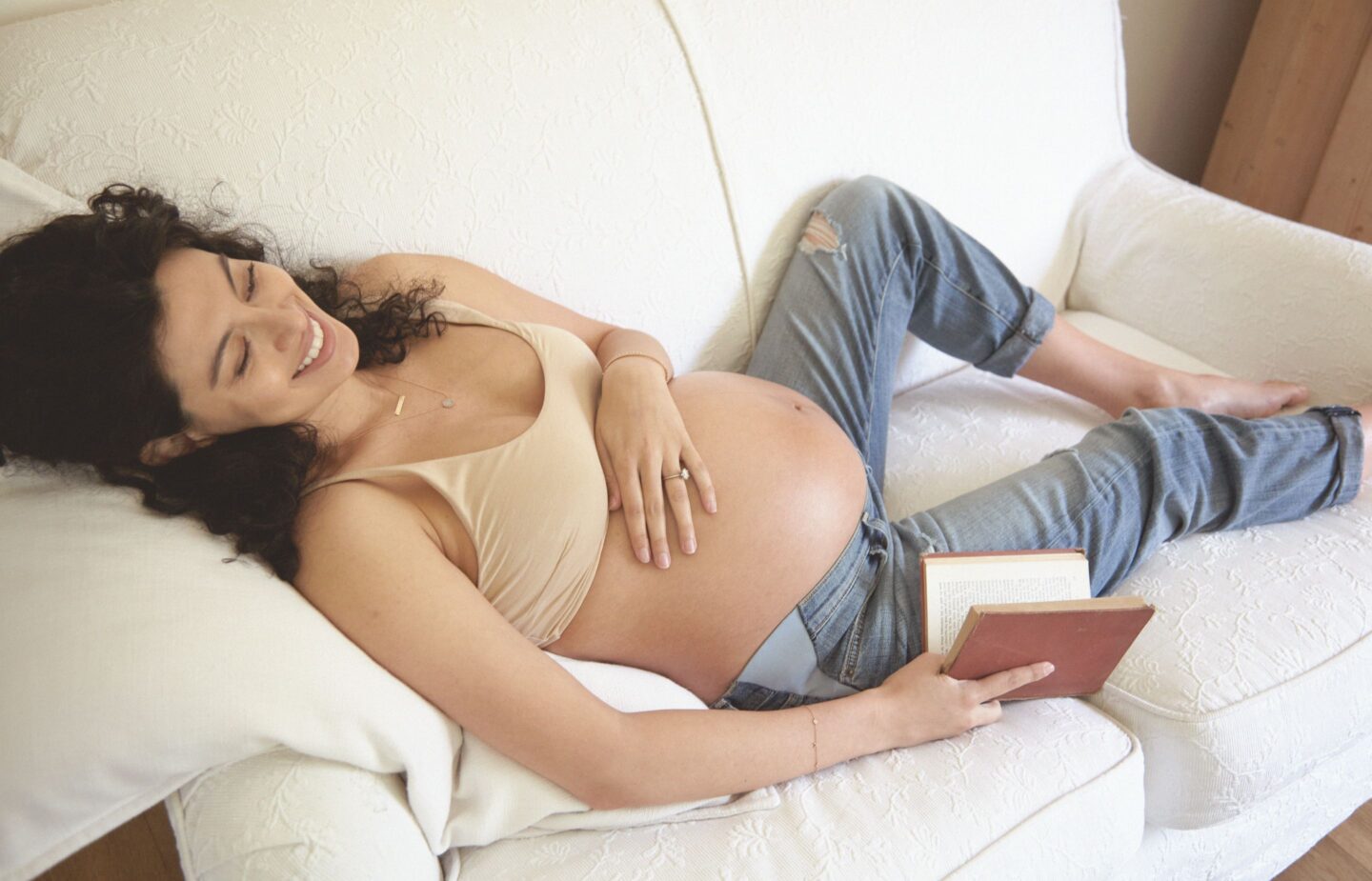Sleeping during pregnancy can be hard, like really hard. There’s the constant night sweats, the endless baby kicks, the hourly bathroom runs and just the added pounds of weight that makes any experience an uncomfortable one. So you might want to look into a sleep-aid or two, just to get you through. We get it.
If you want to get some rest the old fashioned way, we can recommend that you get moderate exercise during your pregnancy, practice some mindful downtime rituals and basically stop checking Instagram right before bed. If you require some type of pharmacologic intervention, sadly the research on common drugs like Ambien and other sedative-hypnotic agents, including Lunesta and Sonata is limited and generally doctors try to avoid their use during pregnancy.
But, according to Marra Francis, M.D., an Ob-Gyn in San Antonio, Texas, certain sleep aids are safe during pregnancy. For example, “Tylenol PM is simply acetaminophen mixed with Benadryl, and both drugs alone are generally fine,” Dr. Francis told Parents.com. Other sleep aids considered safe by the FDA include Unisom and Nytol.
In regards to more natural sleep aids, it’s unclear whether Melatonin is safe during pregnancy. Because your body produces melatonin in order to control your circadian rhythm, it’s also produced by the ovaries and placenta during pregnancy—especially in the second and third trimesters—and it’s present in the amniotic fluid. Therefore, it makes sense that extra melatonin in the form of a supplement could affect the mother-to-be and babe, doctors just aren’t sure how.
According to Parents.com, there have been a few studies conducted on melatonin during pregnancy—but most were done on animals, and the results are conflicted. For example, an October 2018 study found that melatonin has the potential to help pregnant women with severe preeclampsia. An April 2013 study, however, concluded that melatonin had negative effects on pregnant rats. Specifically, it contributed to less weight gain in pregnancy, smaller litters, and babies with lower birth weights and increased mortality rates.
That being said, many OB’s will condone melatonin for the short-term but given the absence of information, you should avoid taking melatonin for an extended period of time while pregnant.
If you’re experiencing a severe lack of sleep, speak with your doctor to determine the best course of action. If your insomnia is anxiety-related, it might be worth looking into the source of your anxiousness and fixing the root of that problem as well. Pregnancy and impending parenthood can conjure up all the feels, and we feel you. Speak to a professional so that you can get the help you need to make it out the other side.




